Robert Badinter, the lawyer, academic and former justice minister who spearheaded France’s historic abolition of the death penalty, will be honoured at the Panthéon on October 9 – 44 years to the day after the landmark bill he authored was signed into law.
Badinter, who died in February 2024 at the age of 95, will join Victor Hugo, Marie Curie, Simone Veil and other illustrious citizens buried in the vast domed mausoleum that dominates the Left Bank of Paris.
The late minister embodied France’s fight against capital punishment. His eloquent plea before the National Assembly on September 17, 1981, marked a turning point in modern French history.
“Tomorrow, thanks to you, French justice will no longer be a justice that kills,” he told French lawmakers. “Tomorrow, thanks to you, there will no longer be, to our common shame, furtive executions at dawn, under the black canopy, in French prisons. Tomorrow, the bloody pages of our justice will be turned.”
France pays 'solemn' tribute to former justice minister Robert Badinter
To display this content from YouTube, you must enable advertisement tracking and audience measurement.
One of your browser extensions seems to be blocking the video player from loading. To watch this content, you may need to disable it on this site.

03:05
Members of the National Assembly duly passed his bill the next day, followed weeks later by the French Senate. On October 9, the guillotine was officially consigned to the history books.
A personal battle
Although Badinter had long opposed the death penalty, his fight became personal in November 1972 when he witnessed the execution at dawn of his client Roger Bontems. Convicted for his role in a deadly hostage-taking at Clairvaux prison, Bontems had been cleared of murder – but was still sentenced to the guillotine.
“Bontems was dead. I had seen Bontems go to his death. I had seen a man I defended die. Never again could I do anything for him. You don’t plead for the dead. The lawyer for a dead man is someone who remembers, nothing more,” Badinter later wrote in his memoir “The Execution”.
Witnessing his client’s execution was a turning point for Badinter, transforming his opposition to the death penalty into committed activism.
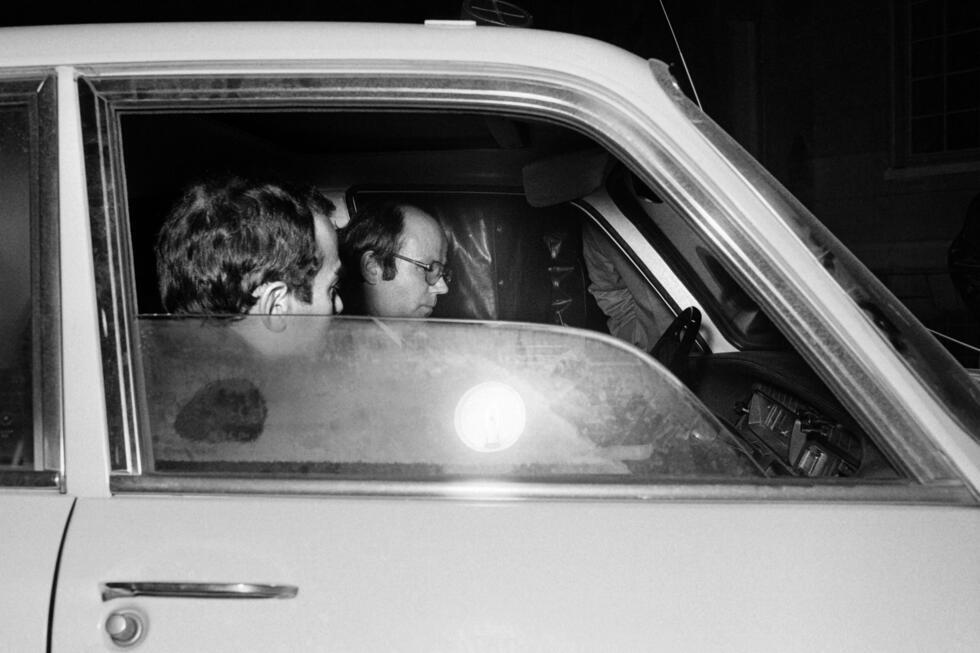
“That execution changed everything,” said historian Marie Bardiaux-Vaïente, co-author of the graphic novel “L’Abolition – Le combat de Robert Badinter” (Abolition – Robert Badinter's fight).
“A man is alive, and two seconds later, he is no more,” Bardiaux-Vaïente added. “It's not like he's been fined or has a possibility of parole. He just doesn’t exist anymore.”
Death penalty on trial
In the years that followed, Badinter became France’s most prominent defence lawyer in capital cases. His aim was not only to save his clients but to put the death penalty itself on trial.
The most striking case came in 1976, when he defended Patrick Henry, convicted of kidnapping and murdering eight-year-old Philippe Bertrand. Public opinion was merciless; the crime had horrified the nation.
Read moreRobert Badinter, the lawyer who fought to end the death penalty in France
“He was convinced he would lose. It looked like a judicial disaster,” Bardiaux-Vaïente said.
Badinter decided to turn the trial into a platform against the death penalty, telling the jurors: “You alone – you alone here – hold the right of life and death over someone. Surely that is worth thinking about twice.”
He described abolition of the death penalty as inevitable, warning jurors not to be on the wrong side of history.
“He told them it (abolition) would be passed sooner or later,” Bardiaux-Vaïente said. “He looked at them with his furrowed brows and in his distinctive voice asked what they would tell their children when asked why they had voted for a man to be cut in two.”
Against all odds, Henry was spared execution and sentenced to life in prison. Over the following years, Badinter secured similar outcomes in five other capital cases, steadily eroding support for the guillotine.
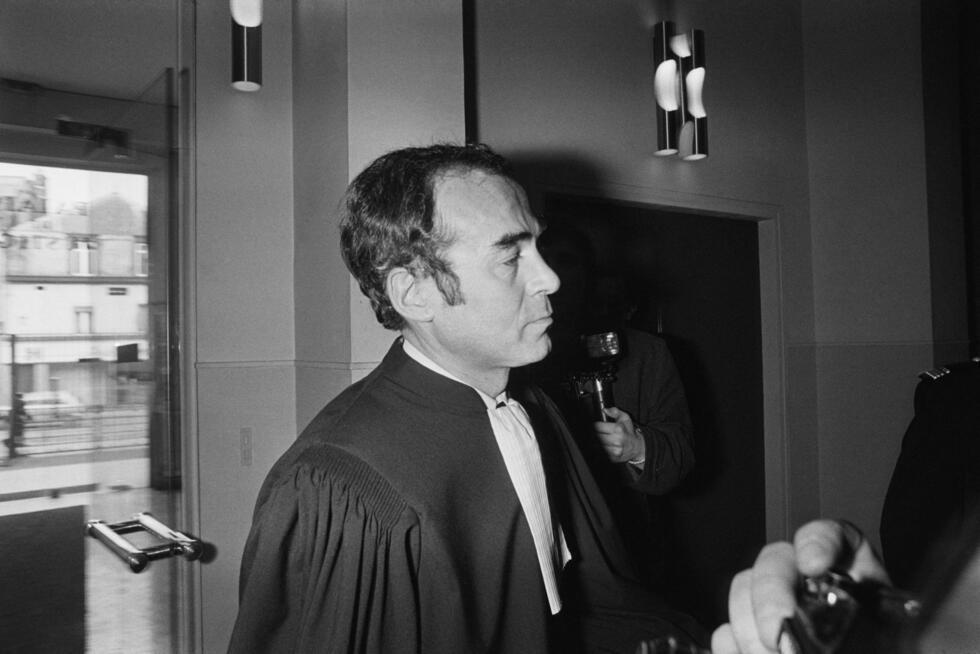
Mitterrand's ally
In 1981, François Mitterrand became the first Socialist president of France's Fifth Republic, bringing abolition of the death penalty within reach.
Badinter, a close ally, was named minister of justice – a job known in France as ‘Keeper of the Seals’. Despite polls showing a majority of French citizens still supported capital punishment, he pressed ahead.
Ahead of the decisive vote in the Senate, traditionally a bastion of conservatism, Badinter cast a glance at the seat once occupied by Victor Hugo – a nod to the writer whose following adage he frequently quoted: “As long as the death penalty exists, there can be no true civilisation.”
When the law abolishing the death penalty was enacted on October 9, a date now forever associated with Badinter, France became only the 35th nation in the world to reject capital punishment.
Read moreFrance's ex-justice minister Robert Badinter: Abolition of death penalty 'is the law of history'
A global cause
But Badinter's fight did not end in France. He went on to champion abolition abroad, serving as honourary president of the advocacy group “Ensemble contre la peine de mort” (Together against the death penalty or ECPM).
“He wasn’t nostalgic. He didn’t stop at what he had done in 1981. His commitment continued,” said Raphaël Chenuil-Hazan, the group’s director general, who worked alongside him until his death. “He would share his contacts and support us at every world congress. I can still see him with his pen and notebook, going from debate to debate.”
Robert Badinter: The French minister who fought against a 'killer justice system'
To display this content from YouTube, you must enable advertisement tracking and audience measurement.
One of your browser extensions seems to be blocking the video player from loading. To watch this content, you may need to disable it on this site.
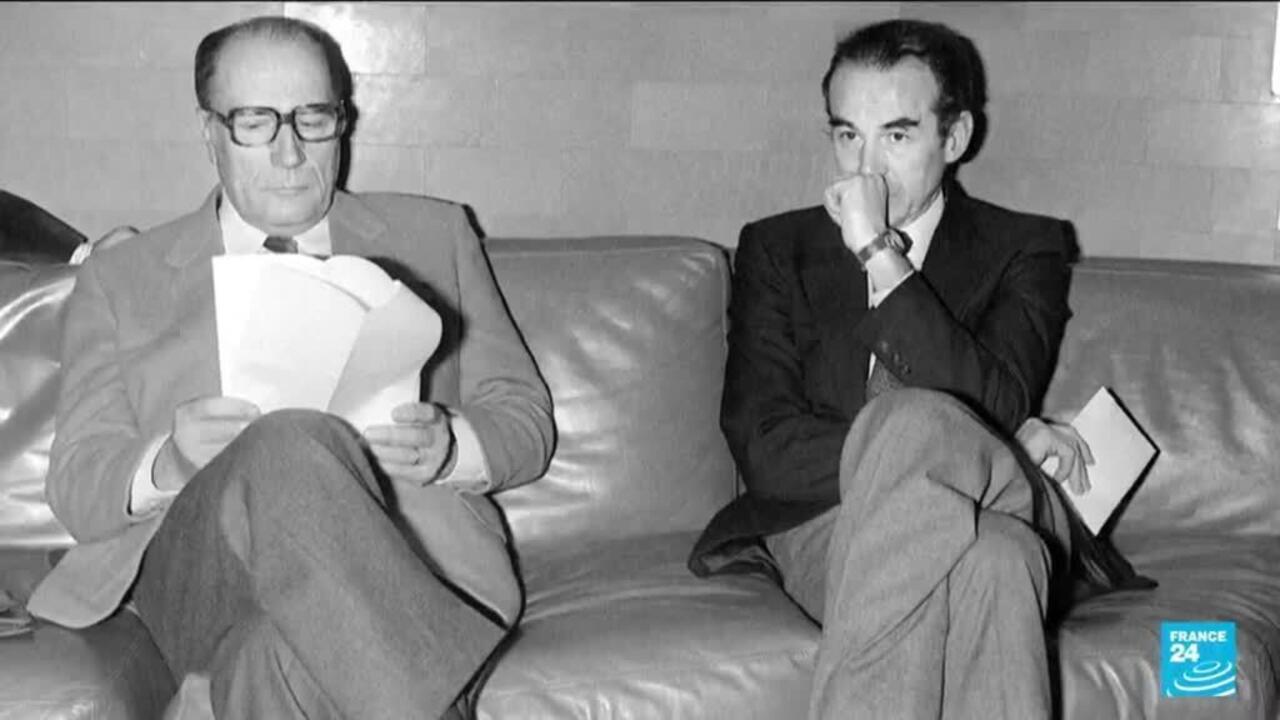
02:24
Progress has been substantial. Today, according to ECPM, 77 percent of the world’s 198 states and territories no longer carry out executions, either through abolition (62 percent) or moratorium (15 percent).
But 55 countries continue to apply it – among them China, Iran, Saudi Arabia, the United States, Japan and India.
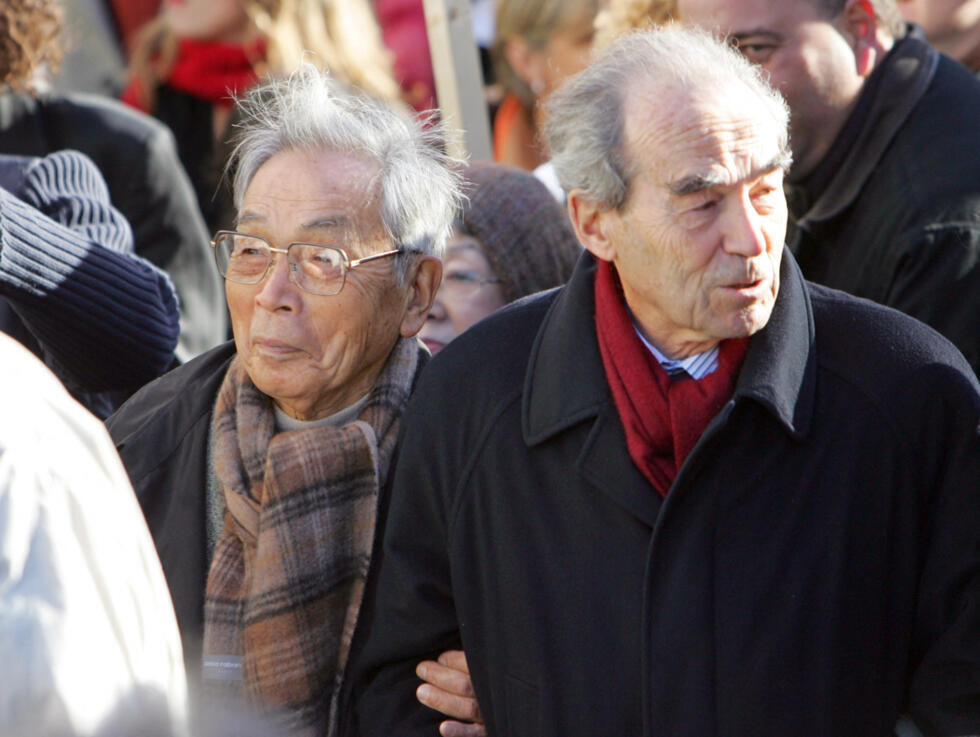
“If you look at it by population, more people on the planet live under the shadow of the death penalty than without it,” Chenuil-Hazan said. “Among them, at least four French citizens are currently sentenced to death worldwide: one in Algeria, one in China, and two in Morocco.”
A legacy of courage
The global picture remains troubling. In 2024, Amnesty International recorded 1,518 executions worldwide – the highest in a decade – a figure that has alarmed the Conseil national des barreaux (CNB), which represents France’s lawyers.
“It is a fight the legal profession is deeply committed to,” CNB president Julie Couturier said.
“Only a few countries still carry out executions, but it remains a tool of political deterrence, particularly in Iran,” she added.
To honour Badinter’s memory, the CNB created a prize in his name to support young lawyers working on human rights and social justice.
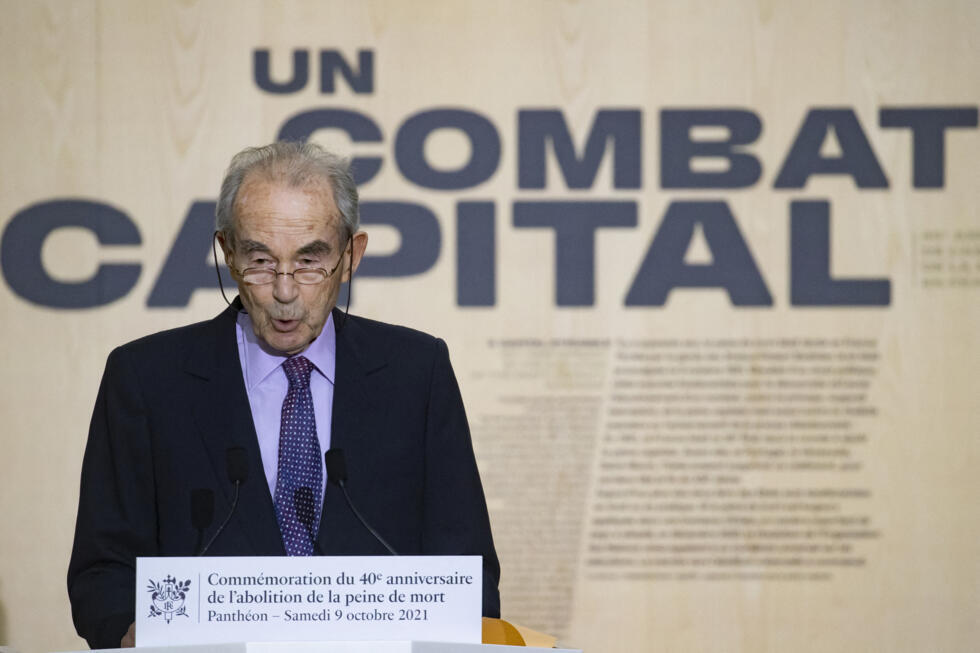
“It’s tempting to put a name on a hall or a courthouse, but we preferred a homage that was more in line with his convictions,” said Couturier, a former student of Badinter's at the Sorbonne university in Paris, where he taught for over two decades.
Recalling him as a “great man” who inspired her to pursue law, Couturier said, “Of course we remember his fight against the death penalty because it reshaped society. But above all, what I remember is his courage.”
This article was adapted from the original in French by Natasha LI.











 English (US) ·
English (US) ·